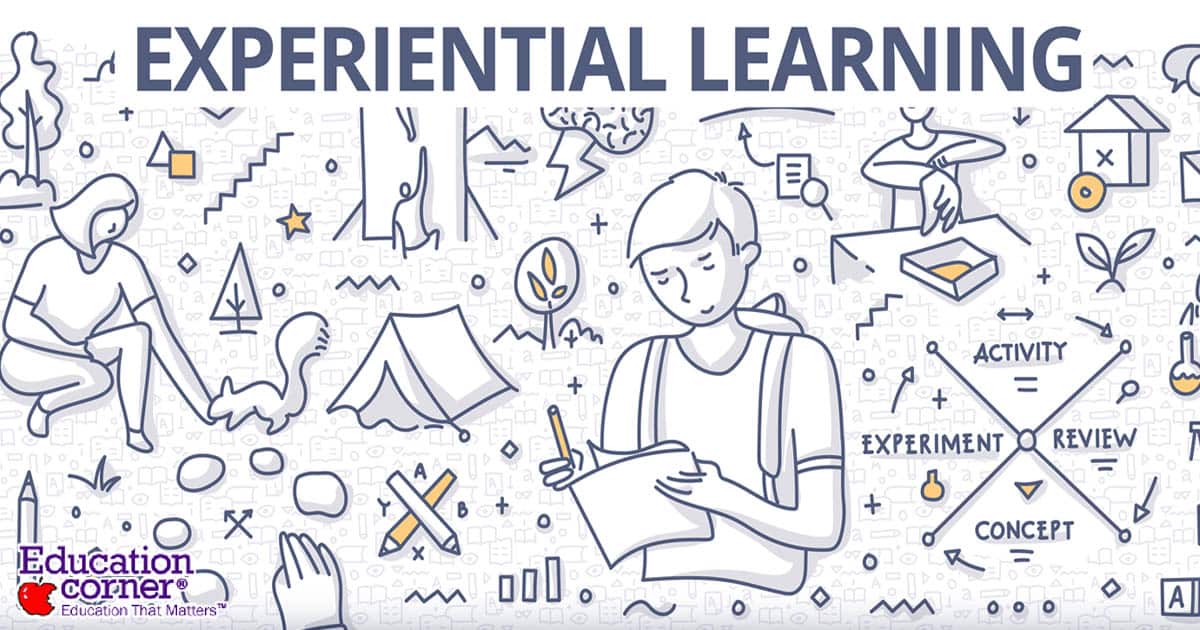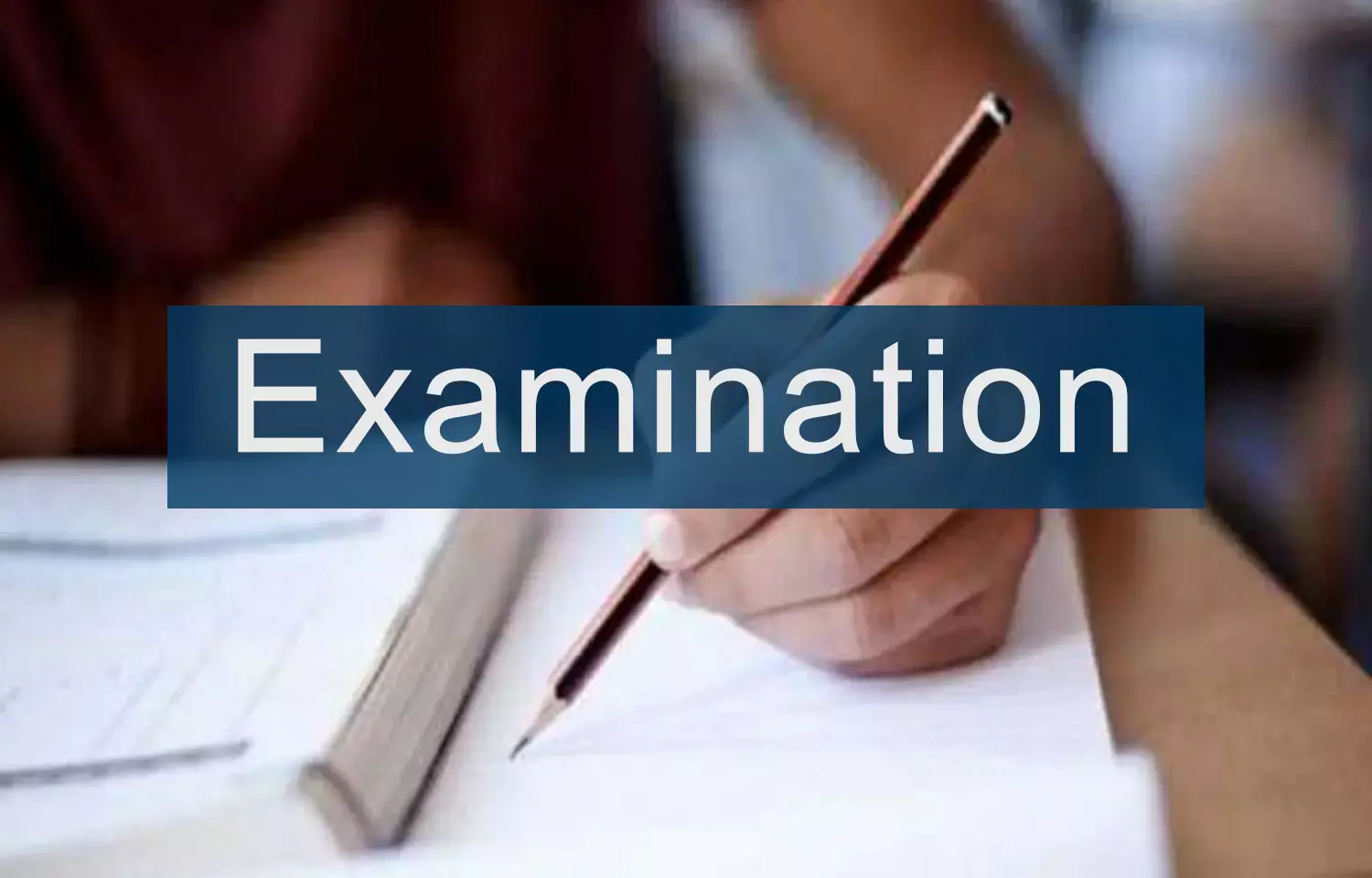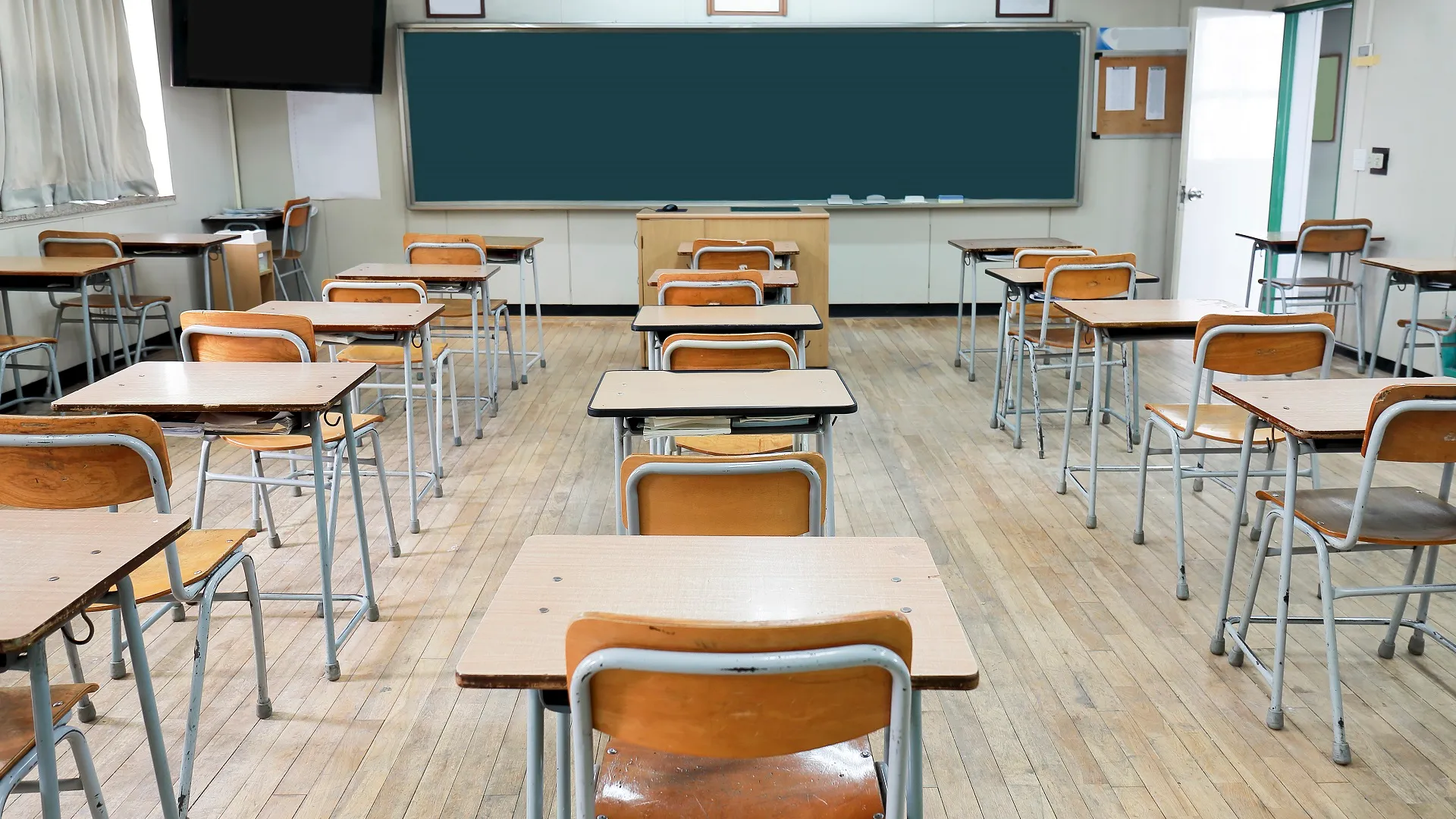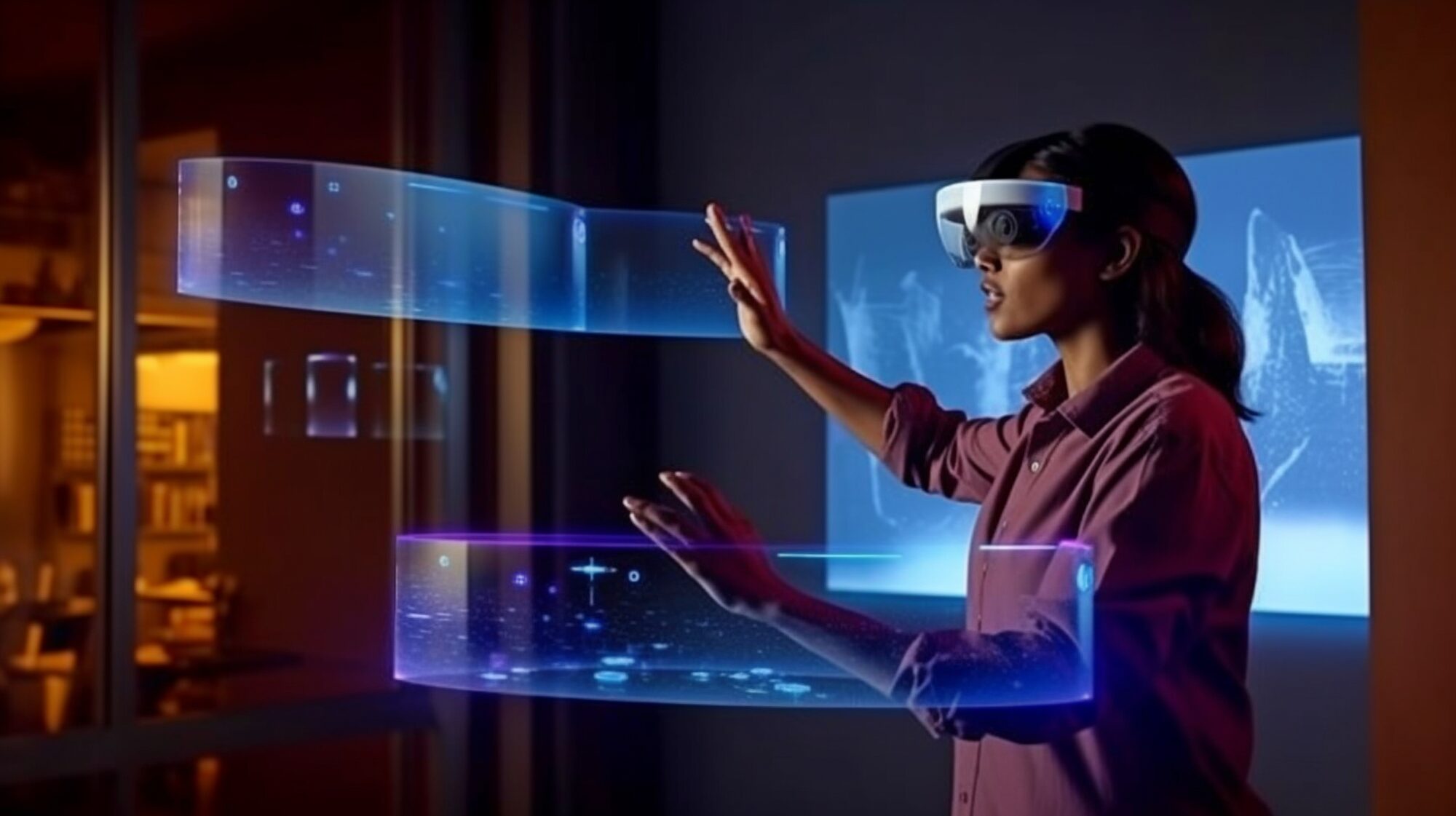Experiential learning is a pedagogical method that focuses on learning through direct experience and reflection. Simply put, it is about doing and then reflecting on those doing to learn from it. Instead of the traditional style of learning which is done through lectures and based on a passive absorption of knowledge,
Experiential Learning Cycle
One key framework to understand this approach is the experiential learning cycle developed by David Kolb. It consists of four stages:
Concrete Experience: The first stage in which learners begin with a new experience or activity.
Stage 2Stages of LearningTraining or ExperienceReflective ActionInitial Planning and Preparation ReflectionObservationReturn to planning and preparationPurpose of TrainingReflection (what worked in the training, what did not)
Abstract Conceptualization — Adding to their reflections, learners use them to theorize or generalize.
Active experimentation: Learners use their new knowledge in concrete, new situations and apply theories to actual practices.
Advantage of Learning through Experience
Making it Interesting and Motivation: Learning from experience can be interesting and a source of motivation for the learners irrespective of their age.
Ability to connect classroom learning to real world scenarios
Enhanced Understanding: Learners gain a deeper understanding of concepts through active experiences.
Critical Thinking and Decisive Action: Experiential learning can improve problem-solving, critical thinking, and decisional skills in learners.
Higher Retention: Learners may retain more information from active learning experiences.
Preventing Experimental Learning
Experiential learning is applicable across different settings and disciplines:
Education:
Field trips
Simulations
Role-playing
Projects and assignments
Work-integrated learning (WIL) – internships and co-op placements
Workplace Training:
On-the-job training
Job rotations
Mentorship programs
Simulations and case studies
Personal Development:
Volunteer work
Travel
Hobbies and interests
Mindfulness practices
Therefore, dividing out experiential learning from education and implementing this method into training modules can prove to be a more potent educational experience.



